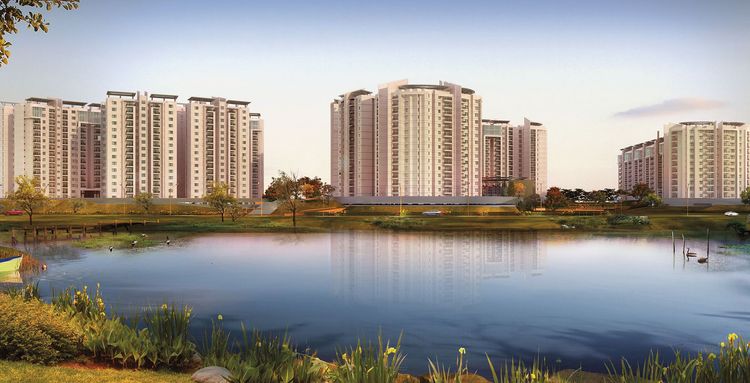You have just purchased your dream home. This has been largely enabled by a hefty home loan that you have availed from a top Bank. You have planned your finances meticulously to ensure you can pay the Home Loan EMIs on time and live a comfortable life. A year later, there is a sharp increase in the interest rates and you are not sure how it will affect your EMIs, and you are very worried!
Sometimes not knowing how something works, is more stressful than the actual impact of the event itself. Today we will attempt to demystify how EMIs are impacted by changing interest rates and what impact it could cause on your finances.
So why do home loan interest rates even change? Home loan rates are linked to the RBI repo rates. When the Reserve Bank of India (RBI) changes the repo rate, it directly affects the interest rates on your home loan. A rise in the repo rate means that banks will charge a higher interest rate on your home loan, and vice versa. Thus, it is important to track the RBI repo rate, especially if you have a home loan.
This is because most home loans are linked to the banks' internal benchmark rates (like the MCLR). The Marginal Cost of Funds based Lending Rate (MCLR) is the minimum interest rate that a bank can charge for a loan. The MCLR is calculated based on the cost of funds to the bank. Banks are allowed to charge a spread over and above the MCLR to customers. The spread is nothing but the profit margins for the banks.
When the interest on a home loan increases, you can either choose to increase your EMI amount or increase the tenure of the loan. This will increase your overall interest outgo. For example, if the interest rate goes up from 8% to 9%, the total interest outgo on a loan of Rs 40 lakhs for 20 years will increase by approximately Rs 6 lakhs. To ensure you can pay this additional interest, most banks automatically increase the loan tenure to give you more time.
As your home loan is linked to the RBI’s repo rate, if the interest rates come down, your EMI or tenure will reduce accordingly. In the same example as above, if you have a home loan of Rs.40 lakhs at an interest rate of 9% for a tenure of 20 years, and the interest rate drops to 8%, then your EMI will reduce from Rs. 35,989 to Rs. 33,458. If you want to continue paying the same EMI of 35,989 then your tenure will come down to 17 years.
Different banks have different profit margins and sometimes you might benefit by switching to a bank that is now offering home loans at a lower interest rate. If you have a home loan with a fixed interest rate, you can also negotiate with your bank for a reduction in your interest rate.
Hope you found this article useful. If you are looking to speak to an expert on Home Loans, do reach out to us at www.propsoch.com. We will ensure you take the right decisions not only for home buying, but also on your home loans!







